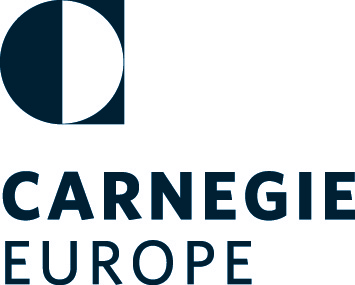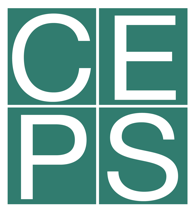Networking
the Future of Europe
the Future of Europe
the Future of Europe
Belgium
Carnegie Europe, Brussels

Program Manager: Elisa Lledó
E-mail: elisa.lledo[at]ceip.org
Carnegie Europe was founded in 2007 and has become the go-to source for European foreign policy analysis in Brussels on topics ranging from Turkey to the Middle East and the Eastern neighborhood to democracy and rule of law. Carnegie Europe’s strong team of scholars provides unparalleled depth of analysis and thoughtful, carefully crafted policy recommendations on the strategic issues facing the European Union and its member states.
![]()
Centre for European Policy Studies, Brussels

Researcher: Sophia Russack
E-mail: sophia.russack[at]ceps.eu
Founded in Brussels in 1983, CEPS is a leading think tank and forum for debate on EU affairs, with an exceptionally strong in-house research capacity and an extensive network of partner institutes throughout the world. The CEPS team comprises approximately 60 researchers and 18 support staff from 23 nationalities as well as an extensive network of partner institutes. CEPS’ commitment to institutional independence is rooted in the individual independence of its scholars. Therefore, CEPS does not take positions on issues. As an organisation, CEPS is committed:
- To carry out state-of-the-art policy research, addressing the challenges facing Europe.
- To achieve high standards of academic excellence and maintain unqualified independence and impartiality.
- To provide a forum for discussion among all stakeholders in the European policy process
- To build collaborative networks of researchers, policy-makers and other stakeholders across the whole of Europe
As one of the few Think Tanks in Brussels covering all European policy areas, CEPS offers exchanges, provides insights on and potential solutions for EU policy making through:
- Research and Publications
- Events
- CEPS Ideas Lab and other flagship events
- Annual research priorities
Governance, membership and financing
CEPS is a non-profit international association under Belgian law (AISBL). It is governed by its statutes and its board is composed of independent personalities with broad research and policy experience, representing their individual views only. The board provides the strategic direction of the organisation and supervises its independence, the work of the management team and the financial performance of the organisation. CEPS’ funding comes from a variety of sources, including corporate and institutional membership fees, project research, foundation grants, conference fees and publication sales.
Institutions research programme
CEPS’ research unit on Institutions aims to provide sound analysis of the main institutional and political challenges facing the EU and to promote public debate on how best to address them. The unit has produced compelling publications on the reform of the EU institutions, the elections to the European Parliament, the role of national parliaments, the rotating Presidencies of the Council, Brexit and much more. The ‘Future of Europe’ debate will continue to rank at the top on the unit’s research agenda over the coming years.
The Institutions unit is responsible for the EPIN coordination.
![]()
Egmont Institute, Brussels

Director European Affairs: Jean-Louis De Brouwer
E-mail: jl.debrouwer[at]egmontinstitute.be
The Royal Institute for International Relations is an independent think-tank based in Brussels. Its interdisciplinary research is conducted in a spirit of total academic freedom. Drawing on the expertise of its own research fellows, as well as that of external specialists, both Belgian and foreign, it provides analysis and policy options that are meant to be as operational as possible.
Benefiting from the role of Brussels in the global arena and from the prestigious setting of the Egmont Palace, the Institute offers an ideal forum to visiting Heads of State and government, representatives of international organisations, foreign ministers and other political figures. Conferences, colloquia and seminars nurture the work of the research fellows. They also give participants the opportunity to exchange views with other specialists and with a well-informed public made up of representatives of the political, economic and academic spheres, the media and civil society.
Along with research and meetings, the Institute has also developed specialised training activities, both in Brussels and abroad. It can, on request, offer specific programmes for visiting and resident diplomats and foreign professionals. Close cooperation with other research centres, both in Belgium, in Europe and beyond, has resulted in a growing number of joint conferences and in more structured cooperations on research and publications. This has proved to be mutually beneficial and enriching.
![]()
